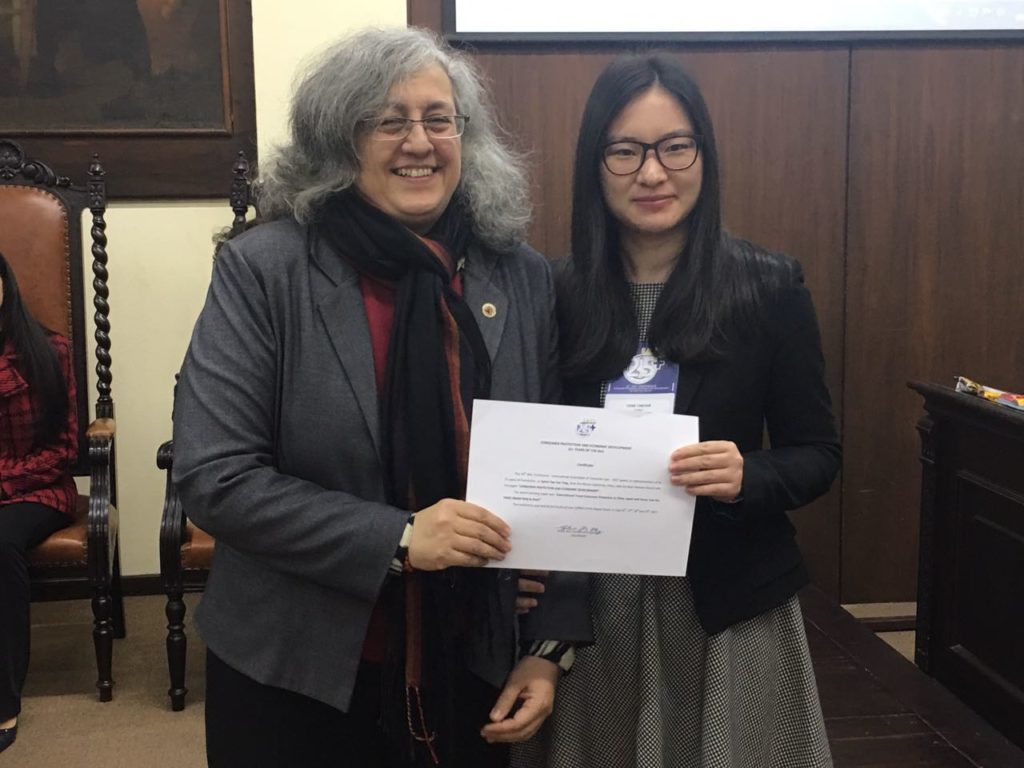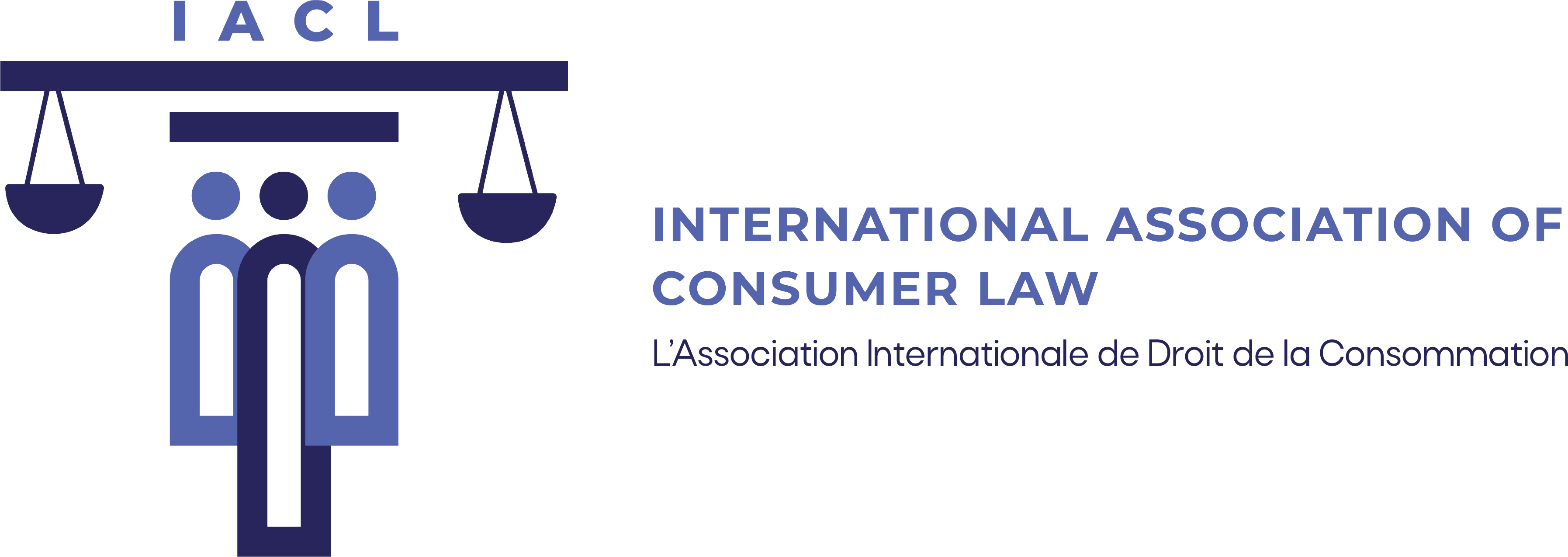
INTERNATIONAL TRAVEL CONSUMER PROTECTION IN CHINA, JAPAN AND KOREA: CAN THE FIAGC MODEL HELP IN ASIA?
China, Japan and South Korea are important forces to promote development in Asian tourism and are significant tourist regions with great potential all over the world. In light of the statistics, in 2014, the number of exchange visitors among those three states reached 20 million 470 thousand. The scale of inbound tourism of three states accounted for nearly 60% of the total inbound tourism in the Asia-Pacific region. Huge market scale for the tourism industry created brand-new opportunities, but also encountered a lot of problems. During May Day holiday 2016, several Chinese tourist groups were cheated by the Japanese guide for shopping in a “Duty Free” shop which is specific for Chinese tourists and buying the health care products with price 3 times higher than that on the normal shop, but they did not know how to complaint in a strange place. In Seventh October 2016, thousands of visitors from china to Jeju Island in Korea were excluded and detained due to Visa problem, even though Jeju Island is a Visa-free area for Chinese visitors. Under such circumstances, the governments of China, Japan and Korea need solve lots of problems under the condition of regional cooperation. For instance, how to create a securer tourism environment and provide better travel services for tourists, and how the tourists protect themselves When their rights have been infringed in other two states. Regarding the area of regional consumer protection, FIAGC Model, as the regional institutions established by Latin American governments, Portugal and Spain, devoting to analyzing and discussing on consumer protection and development including travel consumer, is the world’s most advanced regional cooperation platform for consumer protection. This paper seeks to show the Asia-Pacific region can take the FIAGC Model as reference to establish a dialogue platform between the governments and further to promote cooperation among the states for protecting the rights and interests of travel consumers.
